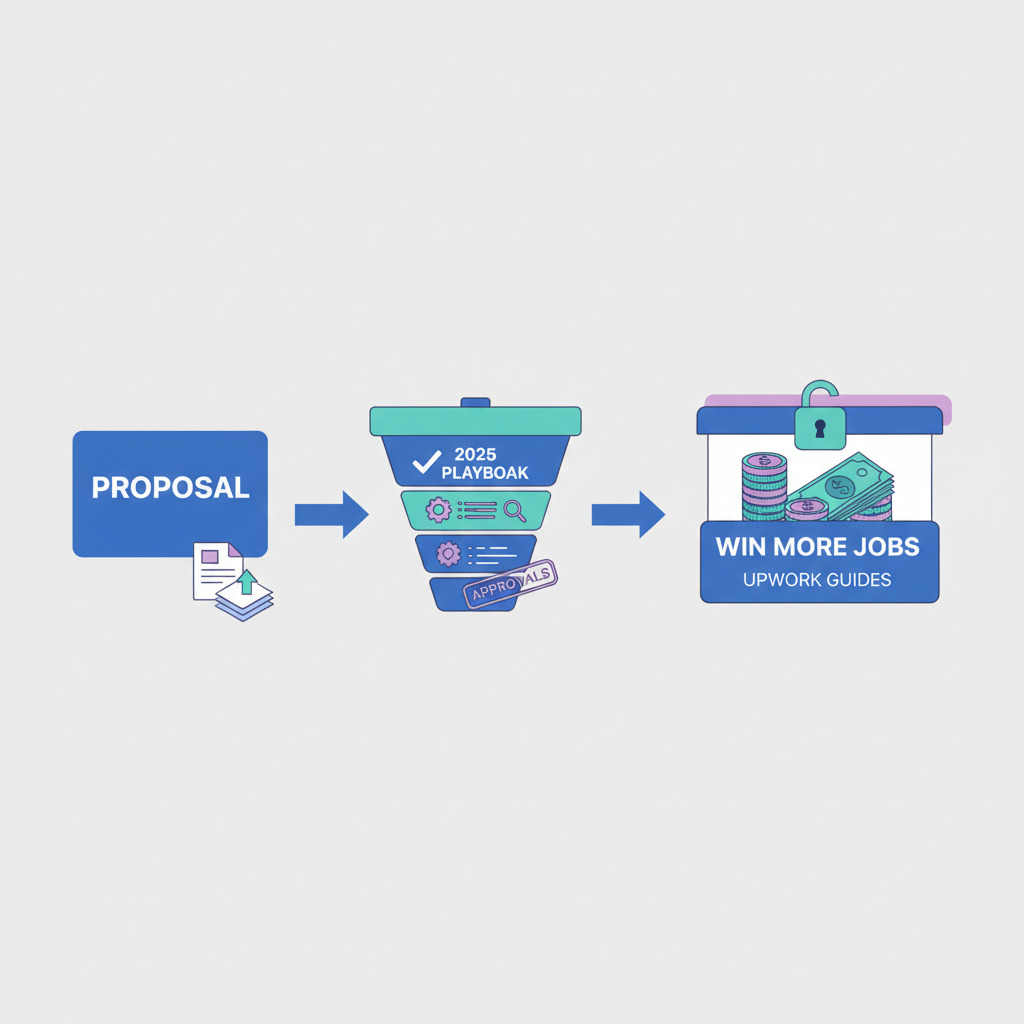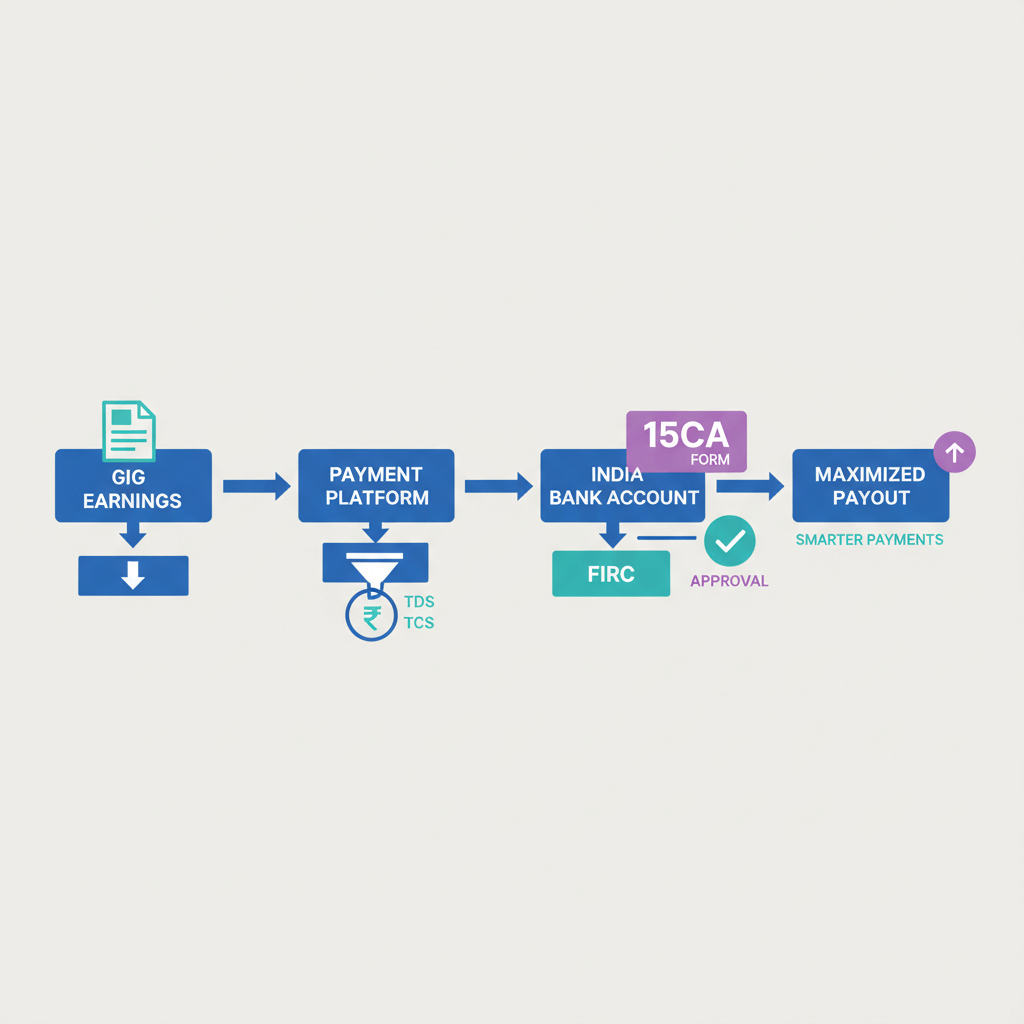Karbon lets you collect international payments directly in INR via a mutil-currency virtual account — fast, simple, and fully compliant.
Businesses involved in international trade are necessarily exposed to currency risk and various uncertain forex charges. Foreign currency accounts are a simple solution to such problems. It is an account that transacts in foreign currencies, eliminating most of the FX risk.
Any resident of India can open such an account. There are many options available, like a savings, current, or term deposit account. Each has its own advantages and disadvantages. In this article, we try to give you a better understanding of the various foreign currency accounts you can open in India, and what you can get out of them.
What is a Foreign Currency Account?
FCA accounts are commonly used by businesses involved in international trade. These accounts can hold and transact in foreign currencies. They eliminate the need to convert currencies to INR unless required. While engaging in foreign trade can be complicated, FCA accounts greatly simplify the process.
How Does a Foreign Currency Account Work?
A foreign currency account enables you to hold, receive, and make payments directly in a foreign currency. The foreign currency is not converted into INR for each transaction; instead, the funds are kept in the original currency until you wish to convert them. Here's a breakdown of how it operates:
Deposits:
Foreign currency earnings can be directly deposited into the account. For exporters, this may include sales invoices that have been paid in USD, GBP, or other currencies. For individuals, it could be funds earned or received from overseas.
Withdrawals:
Account holders can withdraw their funds in the original foreign currency or convert them to INR, depending on their needs. Banks usually provide competitive exchange rates for such conversions.
Payments:
Direct payments to international suppliers or partners can be made in foreign currency, reducing the need for processing that requires multiple currency conversions and associated charges.
Currency Holding
You can hold foreign currency balances for a long time and offset the unfavorable exchange rate. For instance, if the exchange rate improves later, you will be able to convert the funds at a more favorable rate.
Regulatory Compliance:
All foreign currency accounts should comply with RBI guidelines. For example, funds in some accounts are not allowed to stay there for more than a certain period without conversion into INR.
Types of Foreign Currency Accounts in India
India offers various types of foreign currency accounts tailored to specific needs, each governed by Reserve Bank of India (RBI) regulations. Below is a detailed breakdown:
1. Exchange Earner's Foreign Currency (EEFC) Account
The EEFC account is an interest-free account primarily for exporters. It allows businesses to retain their foreign currency earnings without immediately converting them to INR.
Features:
Purpose: This account is perfect for managing foreign income from exports.
Currency Holding: Funds can be held in foreign currency for any length of time provided that they are used for permissible current account transactions like import payments or business travel expenses.
Advantages: It assists in minimizing the conversion costs and offers flexibility in using foreign income.
Example: An Indian software firm selling services to the US can maintain its USD receipts in an EEFC account to avoid the headache and cost of multiple conversions.
2. Resident Foreign Currency (RFC) Account
The RFC account is specifically designed for Indian residents who have earned foreign currency through sources, like pensions, retirement benefits, or insurance claims received while abroad.
Features:
Eligibility: Resident Indians, foreign income earners, and foreign individuals who have become permanent residents of India.
Account Types: Savings, current, or term deposits.
Usage: Funds can be repatriated or invested abroad without any restrictions.
Interest: The interest rates on term deposits are competitive in these RFC accounts.
Example: An elderly NRI is returning to India with saving dollars. They could deposit it into an RFC, earning interest and allowing full utilization of that overseas.
3. Resident Foreign Currency (Domestic) RFC(D) Account
RFC(D) accounts are available for resident Indians who acquire foreign currency during traveling or via gifts and otherwise. Normally it is a zero-balance, interest-free, and current account type.
Features:
Currency Holding: Foreign currency can be held temporarily but must be converted to INR by the end of the following month unless used for approved purposes.
Usage: Suitable for short-term foreign currency requirements like travel or small transactions.
Limitations: Since it’s non-interest-bearing, it’s less beneficial for long-term currency holdings.
Example: An Indian resident who receives a gift in GBP can use an RFC(D) account to keep the money there until she needs it for a trip she plans to take to the UK.
4. Diamond Dollar Account (DDA)
This is a current account specifically for exporters. The DDA account is meant for managing foreign exchange related to export activities. The funds are kept in USD.
Features:
Eligibility: This is available only to select exporters who meet specified turnover criteria.
Purpose: Makes it easier to handle export-oriented income in USD.
Restrictions: All money needs to be converted into INR at the end of each month unless there is specific approval.
Example: A diamond exporter in India exporting to the US can use a DDA to streamline payments and reduce FX risks.
5. Foreign Currency Account for Exporters (FCA-E)
This type of account is specifically designed to help companies that are engaged in export-oriented activities as it allows companies to receive foreign currency payments for international transactions.
Features:
Objective: It facilitates the effective management of foreign income by businesses.
Flexibility: It offers a simple method to deal with funds without constant currency conversion.
Compliance: The transactions should be in accordance with RBI regulations.
Example: An Indian garment exporter selling to European buyers can receive Euro payments directly into an FCA-E account, thus avoiding the hassle of conversion.
6. Foreign Currency Special Deposit Account (FC-SDA)
The FC-SDA is a special account for particular foreign currency deposits under specified conditions.
Features:
Usage: Typically used for regulatory or niche financial needs, such as performance guarantees or escrow arrangements.
Restrictions: Funds can only be utilized for approved purposes.
Interest: Some banks may offer interest on deposits, depending on the terms.
Example: A construction company involved in a joint venture with an international partner might use an FC-SDA to hold performance guarantee funds in USD.
Banking Currencies for FCA Accounts
Banks can't provide an FCA account for every foreign currency. They can only trade in a limited amount of currencies, this table provides a quick overview:
Why Open a Foreign Currency Account?
Simplified International Transactions
With a foreign currency account, you keep your money in the currency you’re working with. This makes everything easier, from accounting for payments and receipts to currency conversions.
Reduction in Currency Conversion Costs
Conversion fees can add up quickly, especially when dealing with large amounts and multiple currencies. Such a situation is quite for international businesses. A foreign currency account helps you avoid these costs by allowing you to hold and use your funds in the currency you need.
Enhanced Cash Flow Management
Every business aims to keep a steady flow of cash or liquid capital. This makes holding a considerable amount of foreign currency essential for those involved in international trade. FCA accounts are the ideal solution in this regard, by allowing you to hold term deposits in multiple currencies.
Increased Investment Opportunities
If your business is looking to invest internationally, having an FCA account makes it a lot easier. You can hold and manage funds in different currencies, which simplifies investing in global markets.
Disadvantages of a Foreign Currency Account
Exposure to Exchange Rate Fluctuations
In an FCA account, your funds are held in a specific currency. Changes in exchange rates can greatly impact the value of your balance. If the currency you’re holding drops in value, it could affect your financial standing.
Limited Availability of Currency Options
As explained in the table above, banks cannot provide foreign account services for every international currency. This can be a problem if you deal with less common currencies or need to handle transactions in various international markets.
Higher Fees
Foreign currency accounts come with higher fees compared to standard accounts. These might include maintenance fees, transaction fees, and charges for specific services.
Lack of Interest Earnings
Most foreign currency accounts don’t earn interest. Unlike traditional savings accounts, where your balance might earn interest over time, foreign currency accounts generally don’t offer this benefit.
Additional Documentation and Requirements
Opening and maintaining a foreign currency account requires extra paperwork and compliance.
What’s an Alternative to Foreign Currency Account?
Foreign currency accounts have been around for a while and have gotten a little outdated. Modern alternatives like Karbon Forex use the latest banking technologies to make it easier to send and receive money in foreign currencies. While FCA accounts only work with a handful of currencies, Karbon provides FOREX services for multiple currencies. It also makes it cheaper for you to send money to your foreign currency account.
Karbon is one of the best alternatives to traditional banking when it comes to sending and receiving money from abroad. With cheaper rates, lower processing times and less restrictions, it may be the right option for your business. Contact us anytime and speak to an expert!
FAQ
1. Can an Indian citizen open a joint foreign currency account with another person?
Yes, most banks allow opening a joint foreign currency account, but the co-account holder will normally be required to fulfill certain eligibility criteria, such as being a resident of India or having a legal relationship with the primary account holder.
2. Are foreign currency accounts appropriate for small businesses?
Yes, foreign currency accounts can be helpful for small businesses that regularly import or export goods overseas, or otherwise need to manage foreign currency risk. However, the fees and account maintenance requirements need to be weighed against the frequencies with which these transactions occur.
3. Can foreign currency accounts be used for personal transactions?
Foreign currency accounts are mainly used for business and professional purposes, but some types, such as RFC(D) accounts, can be used for personal transactions, like holding travel funds or receiving gifts in foreign currencies.
4. What are the tax implications for holding funds in a foreign currency account?
Interest accrued (if any) or capital gains on foreign currency accounts will be liable for income tax in India.
5. How to convert the balance in a foreign currency to INR?
All banks provide direct conversion facilities either through online banking or in branches. It would be based on the current prevailing exchange rate and incur service charges for the facility.
6. What happens to the unused foreign currency in the account?
Unused foreign currency may be allowed to stay in the account in accordance with the regulations of the RBI. Funds held in some account types such as RFC(D) have to be converted to INR, unless utilized for permissible purposes within a specified period.
7. Are foreign currency accounts accessible from abroad?
Yes, foreign currency accounts typically offer online and mobile banking options, enabling account holders to access and manage their funds globally. However, specific restrictions may apply based on the account type and bank policies.
8. What is the process for closing a foreign currency account?
To close a foreign currency account, you have to submit a written request to the bank with any other supporting documents. Any balance left in the account will be converted into INR or transferred according to your wish.
9. Can businesses use foreign currency accounts for hedging against forex risks?
Yes, businesses can use foreign currency accounts to hedge against forex risks by holding currencies until favorable exchange rates are available. This strategy is best when paired with professional forex advisory services.











